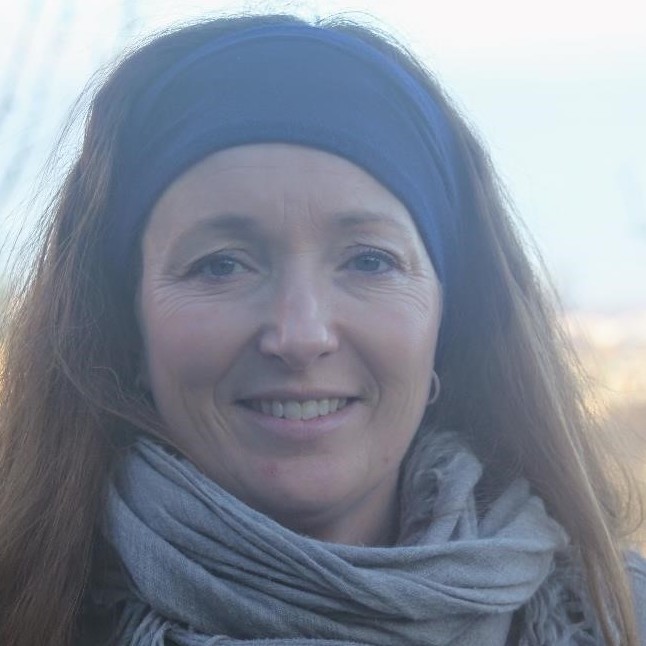Jane Gross, author of The New York Times blog The New Old Age, Caring and Coping, has tackled the testy subject of what to call those of us who are over 50 but who certainly do not consider ourselves "elderly" and resent being referred to as such. It seems that the topic is not a new one, and Ms. Gross reports that the International Longevity Center in New York, along with Aging Services of California, has put together a stylebook to guide media professionals "through the minefield of politically correct and politically incorrect ways of identifying the portraying the elderly."
Whoops! She did it again. According to the book, entitled "Media Takes: On Aging," it is no longer politically correct to use the term elderly and, in fact, it is one of the words the stylebook would prefer be eliminated. It goes on to say that "elderly" can still be used in generic phrases that do not refer specifically to individuals, such as a home for the elderly, or concern for the elderly. But, in my opinion, terms such as "older adult" or simply "man' or "woman" will do just fine. If relevant, the guide says, the individual's age may be inserted, although I am not sure why, unless it's an obituary!
I was happy to see that among the terms to be avoided is "senior citizen" and other euphemisms, as well as some demeaning words and terms that are obviously ageist, such as "feisty," ""spry," "feeble," "eccentric," "senile" and "grandmotherly." Personally, I don't object to "eccentric," numbering several individuals among my friends who probably fit the definition of the term, but I can understand that some would object to being referred to as such. But there are more: "biddy," "codger," "coot," "crone," "fogy," "fossil," "geezer," "hag," and "old goat." The list goes on and on, and you can probably add a few of your own. Remember when you write something about us that you've never been called a "junior citizen" just because you're under 50, and I, for one, don't want to be called "senior citizen" just because I'm over that age!
Source: http://newoldage.blogs.nytimes.com/2009/02/11

 Mary Manning
Mary Manning



